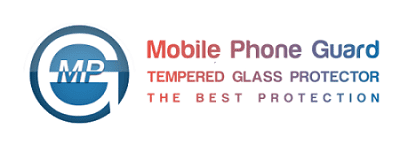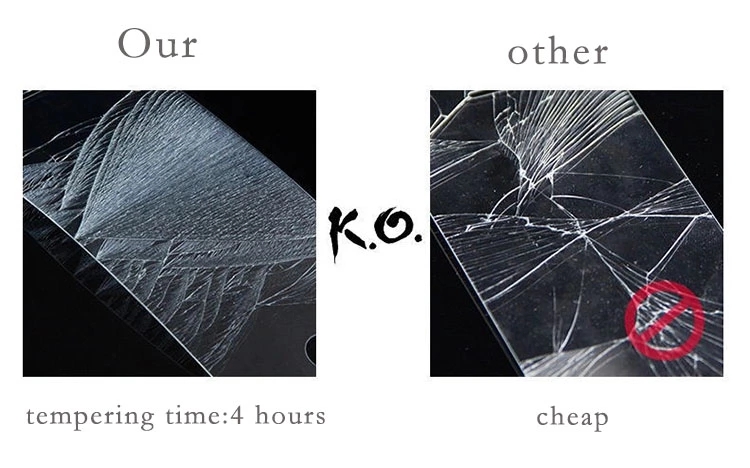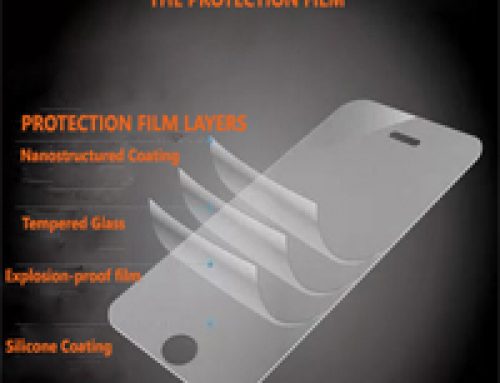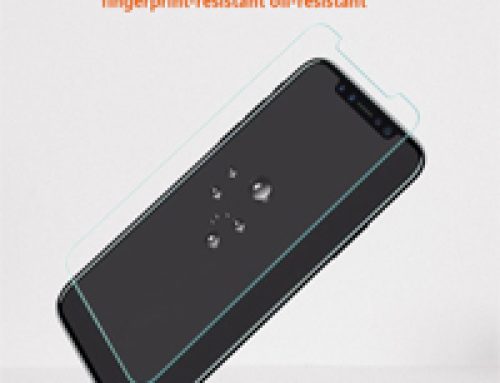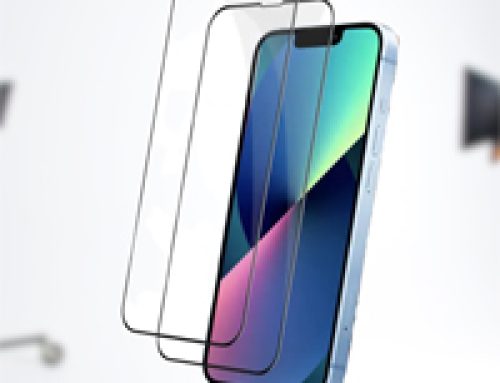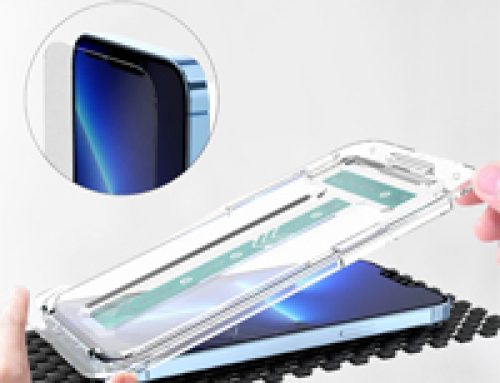Now the mobile tempered glass screen protector manufacturer we usually buy in China always announce that their screen protectors were tempered for 4 hours to enhance the hardness and make the glass not easy to break and hurt the users. Yet, the fact is that, most of the screen protectors were just tempered for 2 hours or even less when they were produced in the factories.
Glass is a naturally fragile material. To boost its functional properties and enhance its operational safety, it undergoes the process of tempering.
To prepare glass for the tempering process, it must first be cut to the desired size.
The glass is then examined for imperfections that could cause breakage at any step during tempering.
Next, the glass begins a heat treatment process in which it travels through a tempering oven. The oven heats the glass and the temperature inside the tempering machine is higher than 400℃.
The glass then undergoes a high-pressure cooling procedure called “quenching.” During this process, which lasts just seconds, high-pressure air blasts the surface of the glass from an array of nozzles in varying positions. Quenching cools the outer surfaces of the glass much more quickly than the center
The BIG Question –
How come the tempered glass screen protector manufacturers announce the glass was tempered for 4 hours while it was actually tempered for 2 hours?
Let’s search the Answer –
First, we are going to take a look at the tempering room. Inside that room there are several heating machines working simultaneously together with the tempering machines.
As there is no question of the glass going straight into the tempering machine in the normal temperate because it can burst into pieces, it slowly enters into the heating machine where the temperature gradually increases to 300 degree Celsius.
In general the glass needs two (2) hours of heating prior tempering and heating time is usually calculated together with the actual tempering time by those manufacturers to be 4 hours.
Where is the Loophole?
The trick plays by some dishonest manufacturers to customers by announcing that their screen protectors are tempered for 4 hours on the packages while the actual tempering time is just 1 hour or 1.5 hours at the most.
Way(s) to Find the Fraud-
It’s necessary for the customers to identify the actual tempering time to be sure of the quality and the price.
The question is how?
Main identification point of dishonesty lines in the PRICE.
Whenever you find the price is too low yet the suppliers are claiming that the product is tempered for four (4) hours then be assure you are not getting the right product.
It’s quite impossible for manufacturers or suppliers to bear the cost of everything such as – raw materials, workers’ wedges and trying to make profit out of the product then something is wrong in somewhere.
You know it by now- Yes in the production process. If the tempering time is more than 2 hours yet the price of the product is too low or cheap then it’s impossible for the brand to make any profit. Rather they may face heavy losses. Are they giving their product for free? Certainly Not.
Finding the Difference between the Premium screen protector and cheap one
Take one simple test to find the right one.
( WARNING: Be careful and take necessary precautions before you conduct the test else you may get hurt.).
1. Just bend the screen protector and try to break it.
2, Screen protector will crack due to the pressure
3. If cracks are too dense then the premium screen protector’s real tempering time is 4 hours.
4. If the cracks are not dense or even broken into pieces and hurt you or people around you then, the real tempering time must be less than 2 hours.
5. Tempered glass screen protector that is tempered for four (4) hours is not easy to break. Even it is breaks under pressure; its cracks are too dense to be shattred into pieces to hurt the user.
